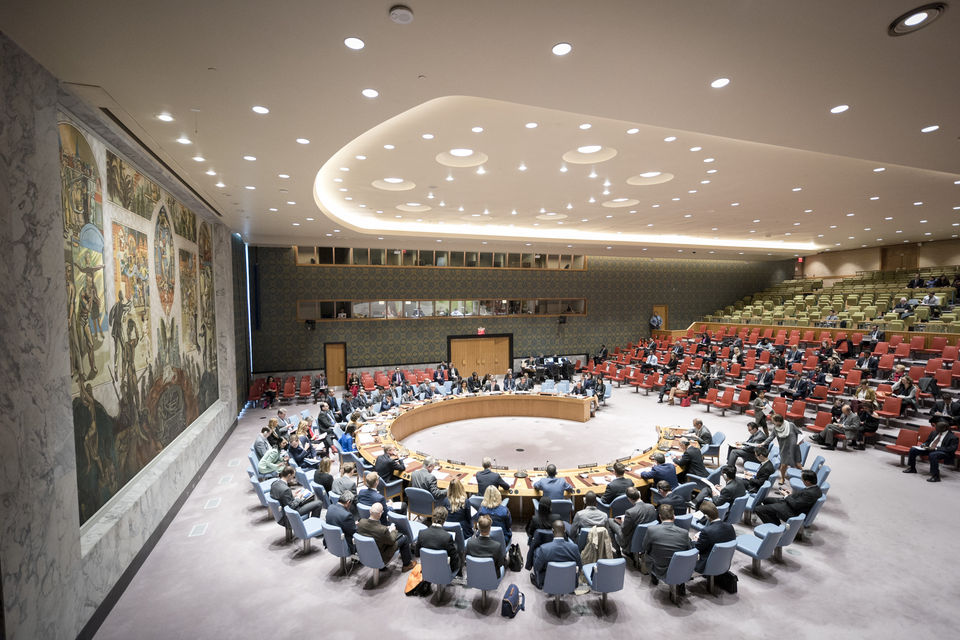Виступ делегації України на засіданні РБ ООН щодо ситуації в Лівії

Madam President,
I want to thank Special Representative Martin Kobler and Ambassador Olof Skoog for their comprehensive briefings.
It is disappointing that, since our last meeting in February, no substantive progress has been reached in Libya. Despite many efforts, the situation has become even more volatile and unpredictable.
Moreover, there is a visible danger that the situation in Libya could slide into a further serious degradation, on all fronts.
However, we continue to believe there are ways to prevent the worst scenario from taking hold.
How to achieve that?
First, we remain convinced that the political deadlock in Libya needs to be resolved through compromises and finding a consensual solution. It requires getting the Presidency Council of the GNA, the House of Representatives and other Libyan actors engaged around the process aimed at addressing core issues hampering the implementation of the Libyan Political Agreement. We consider the Libyan Political Dialogue a good platform for such a genuine discussion.
In this regard, the main task of the UN should be to make sure that it talks to all parties, and the parties talk to each other.
The second and no less important point is a responsible engagement of external actors who can exercise leverage to encourage the parties to sit around a negotiating table. It cannot be achieved by creating alliances of convenience, but by working in good faith around an inclusive transition process. It is important to ensure the coherence of all efforts with a Libya-led process under the aegis of the UN.
Turning to security related issues, my delegation strongly condemns the escalation of fighting in Sebha, Oil Crescent, Jofra and other areas. The situation in Libya has no military solution. We call on the parties to cease hostilities and join the negotiation process. Any delay in doing so will only lead to more sufferings of the Libyan people.
It is also worth noting that the volatile environment creates a fertile ground for the spread of terrorist activities. As we have learned from the latest Secretary-General’s report, after the liberation of Sirte many ISIL fighters moved to the south, some of them turned into sleeper cells. This underscores the urgency of establishing coordinated security policies on the ground and setting up unified security structures.
We believe that Libya can overcome current threats if it returns to the path of development. Development requires good partners. We welcome that the Secretary-General is committed to engage.
In this regard, we look forward to the results of a system-wide strategic assessment review that will examine the role and shape priorities for UNSMIL in the short and long terms.
I thank you.
